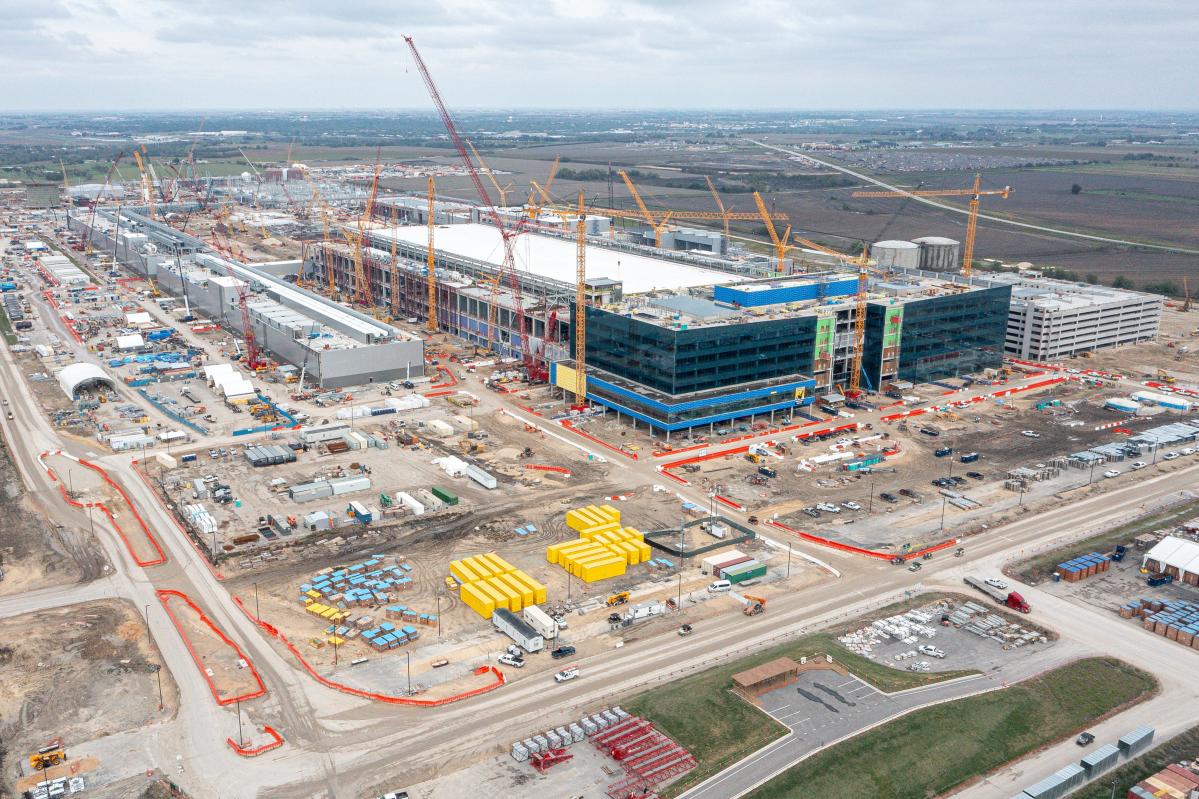<p>Samsung’s $17 billion, 6-million-square-foot semiconductor plant in Taylor is anticipated to be finished by 2024. After an influx of companies and tech workers relocating to Central Texas during the pandemic, the tech sector in Austin has had to navigate a rocky national industry landscape filled with layoffs and cost-cutting measures. Despite the turbulent times in 2023, industry experts confirm the strength of Austin’s tech industry leading into 2024, particularly in fields like manufacturing that are expected to experience growth.</p>
<p>”Without a doubt, Austin is still regarded as a top tier tech hub, and we’ve raised our profile over the last several years. I expect that to continue,” states Ed Latson, CEO of Opportunity Austin, a Central Texas economic development organization. Thom Singer, CEO of the Austin Technology Council, agreed, pointing out that Austin’s diverse tech ecosystem has helped it withstand some of the dire effects that have impacted other tech hubs. Singer insists that Austin remains an appealing location for employers and predicts it will continue to attract businesses to open offices there.</p>
<p>Even as Austin remains strong, economic uncertainty remains a concern, especially within the startup industry heading into 2024. According to Opportunity Austin’s startup database, early-stage funding in the region has fallen in 2023. Although, there is still considerable momentum in tech manufacturing, particularly the semiconductor industry, with notable developments such as Samsung’s $17 billion chip factory in Taylor being close to completion.</p>
<p>”As Samsung gets nearer to completion of their project, you’re going to see more and more financial impact to the region, and that includes investment and hiring, and all the activity that goes with that project at a scale that we’ve never seen before in this region,” Latson said.</p>
<p>Austin is poised to benefit from federal legislation, the CHIPS Act, which passed last year and is expected to boost the U.S. semiconductor industry. The legislation allocates more than $52 billion in funding for semiconductor companies, as well as additional tax credits and funding to encourage research and technology innovation. Analyst Roger Kay pointed out that Austin is likely to further integrate itself into the network of U.S. companies that are focused on leading-edge technologies in regard to the CHIPS Act’s impact on the domestic semiconductor industry.</p>


